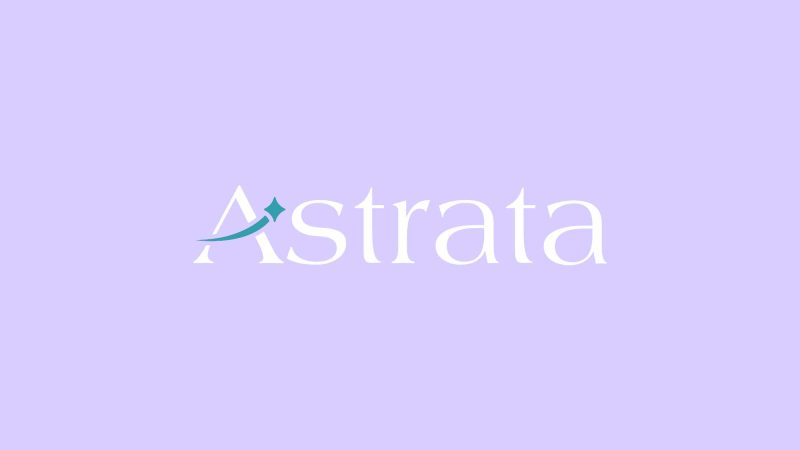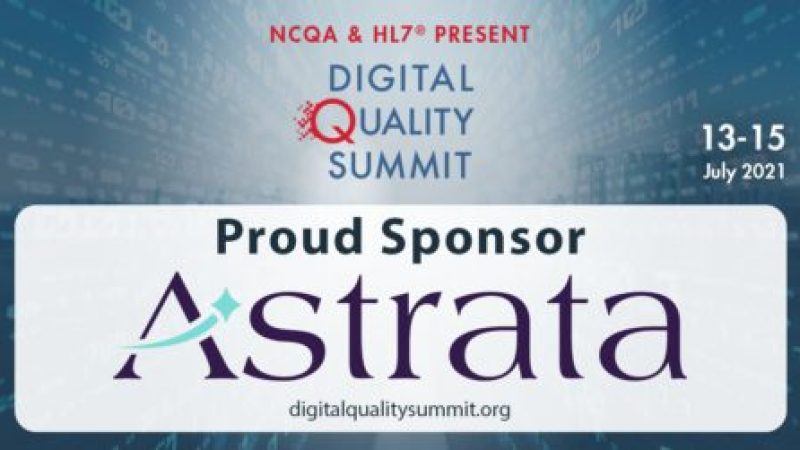News & Events
News


news
Astrata Recognized for Joining NCQA Digital Content Services Early Adopter Program
January 22, 2024
Read More





news
UPMC Astrata Team Selected to Participate in NCQA NLP Working Group
February 17, 2020
Read MoreUpcoming Events

event
NCQA Health Innovation Summit-Keynote Session – Your Digital Quality Journey Starts NOW!
October 31, 2024, 4:45 pm – 5:30 pm
Read MoreUpcoming Webinars

webinar
Moving the needle with Digital Quality: Practical Advice from Industry Insider
August 15, 2024, 3:00 pm – 4:00 pm
Read MorePast Webinars

webinar
Using Natural Language Processing to Advance your Quality Measurement and Quality Improvement programs
January 10, 2024, 3:00 pm – 4:00 pm
Read More
webinar
Digital Quality in the Real World: Implementation Lessons from Leading Health Plans
February 21, 2024, 3:00 pm – 4:00 pm
Read More
webinar
Quality Excellence 2024: Leadership insights for Medicaid, Medicare Advantage, & Stars Programs
April 11, 2024, 3:00 pm – 4:00 pm
Read More
